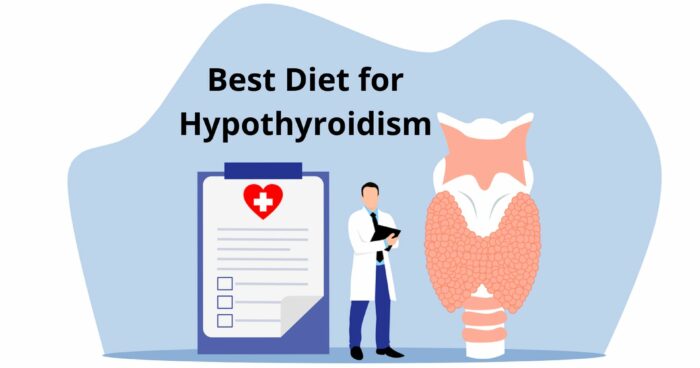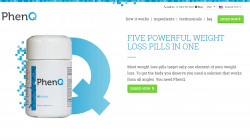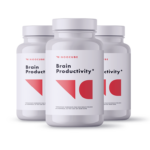Hypothyroidism symptoms can change your life, and it’s usually for the worse if you don’t know how to manage them.
Although the journey requires a lot of effort, you’ll soon find that you can handle hypothyroidism if you change your diet and daily activities. Exercising more, reducing stress, and sleeping better will all help.
However, your diet is crucial to handle hypothyroidism symptoms. There are some foods you should eat and others you must avoid, particularly because they alter how your thyroid gland works.
With time, you’ll be able to follow a diet that works for you and helps you manage bloating and other symptoms. First, though, you need to know the basics.
1. Best Diet for Hypothyroidism – Crucial Nutrients to Watch When You Have Hypothyroidism
Having a hypothyroidism diagnosis means your thyroid gland is underactive. Therefore, you may feel bloated easily and gain weight quickly.
Eating different foods will cause you to feel much better, as well as keeping an eye out for certain nutrients. Here are some of them:
1.1 Iodine
It’s essential for the body’s functioning, particularly when it comes to the thyroid because it helps produce thyroxine.
In many cases, people’s hypothyroidism is due to an iodine deficiency. If that occurs, a specific diet and supplementary vitamins could benefit you.
1.2 Calcium
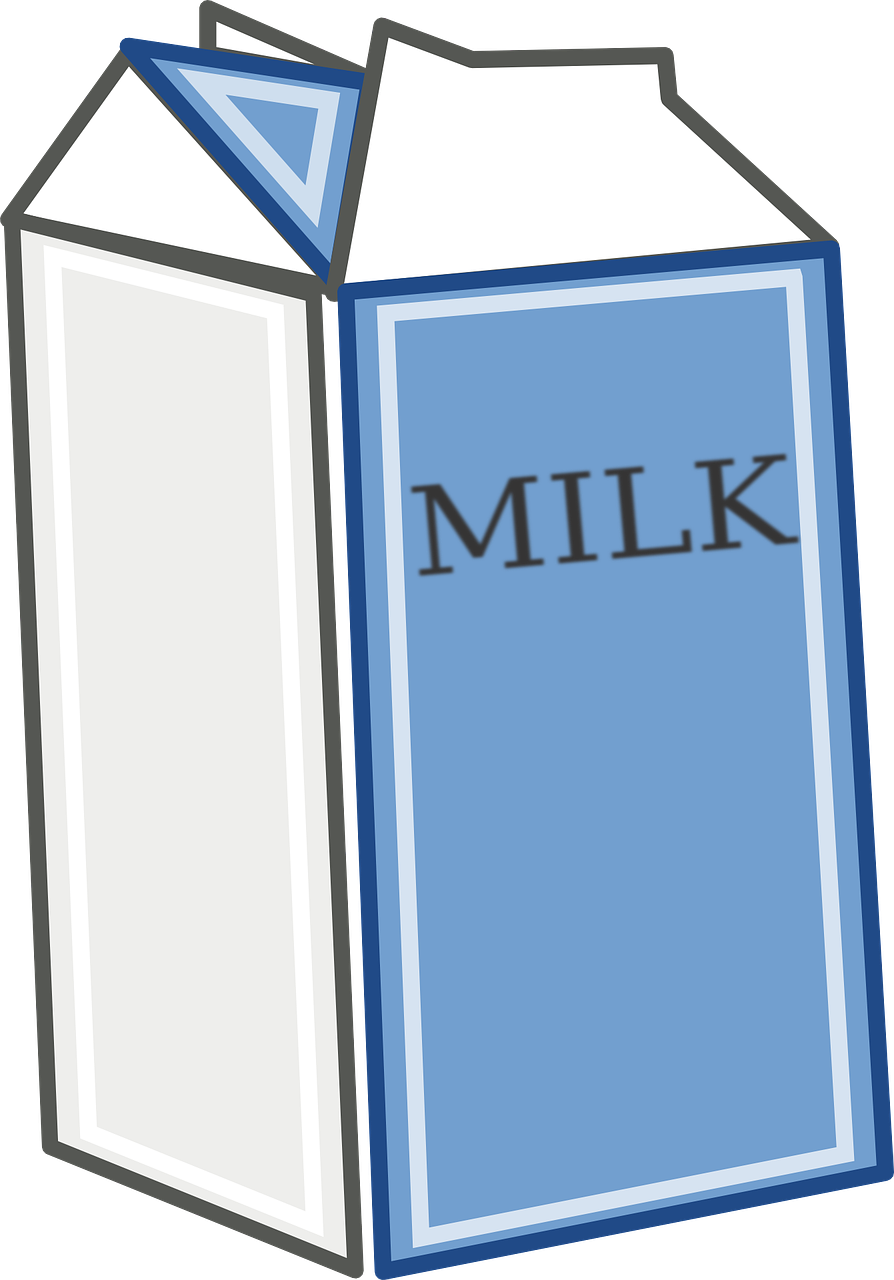
Unlike other nutrients, too much calcium could worsen hypothyroidism symptoms. Therefore, you need to watch for it being in unexpected foods.
Some antacids have calcium, for example. Don’t be afraid to ask your doctors for the best alternatives since many of them say liquid and gel forms may be kinder if your symptoms are acting up.
1.3 Fiber
The thyroid’s production of some hormones will decrease if you consume too much fiber. Consequently, doctors often recommend a healthy, balanced diet that includes primarily fruits and vegetables. They may tell you to stay away from fiber supplements.
1.4 Iron
This nutrient can also decrease the levels of levothyroxine, a hormone that your thyroid gland produces. Before altering your iron intake, talk it out with your doctor.
Sometimes, doctors may recommend you take levothyroxine a couple of hours before ingesting iron supplements. However, it depends on your specific case, so always ask before doing anything.
1.5 Selenium
People with hypothyroidism may benefit from the selenium in tuna, beans, and other foods. However, too much of it is never a good thing, which is why supplements are usually off the table.
1.6 Soy
Levothyroxine absorption can also decrease if you consume too much soy. In this case, you’ll have to check labels because some product brands include it even though it’s not clear on the front of the package.
1.7 Vitamin D
The truth is that for many years, experts have known that vitamin D can help protect the health of your teeth and bones. However, recently, they’ve found that it could also benefit people with endocrine conditions.
2. Foods to Eat
Eating a well-balanced diet is always crucial if you want to stay healthy. However, when it comes to people with hypothyroidism, you have to abide by it to manage symptoms, reduce bloating, and prevent future issues. Take a look at some of the foods you can eat:
2.1 Non-starchy Vegetables
These include carrots, peppers, greens, zucchini, artichokes, mushrooms, spinach, etc. These contain healthy sources of fiber, help gut bacteria, reduce inflammation, and support your thyroid hormone production.
2.2 Fruits
The most crucial fruits to eat are peaches, grapes, apples, pears, berries, citrus fruits, bananas, and so on. If you include these in your diet, you’ll be able to reduce hypothyroidism symptoms since they have high levels of selenium, iodine, calcium, and vitamin D.
2.3 Starchy Vegetables
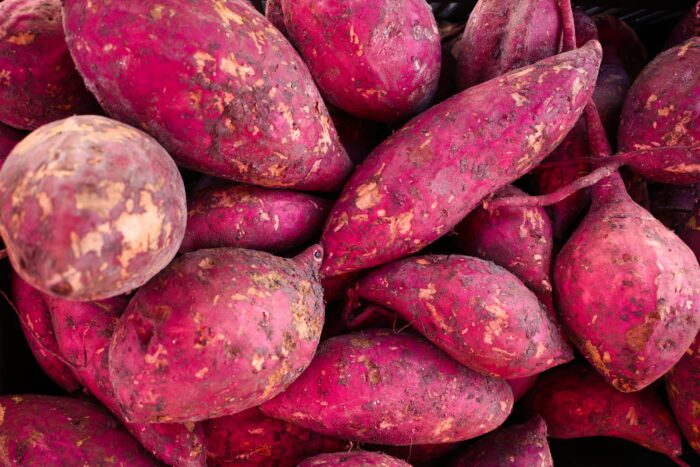
In this case, consider potatoes, peas, sweet potatoes, and butternut squash. This help fills your gut with good, healthy bacteria. They will prevent and decrease inflammation and other issues.
2.4 Poultry, Eggs, Fish, and Meat
Turkey, fish, eggs, shellfish, and similar products are rich sources of protein and nutrients such as selenium and iodine. Therefore, incorporating them into your diet is crucial.
2.5 Healthy Fats
If you suffer from hypothyroidism, it doesn’t mean you can’t eat fat. You have to incorporate a healthy dose of it into your diet if you want to keep your symptoms in check.
Avocados, olive oil, coconut oil, full-fat yogurt, and unsweetened coconut are some of the things you could add to your weekly meal plan.
2.6 Gluten-free Grains
Research shows that people with hypothyroidism often have high levels of other hormones. Generally, decreasing gluten intake can help, and whole grains will contribute to managing a handful of other symptoms, such as constipation.
To include these in your menu, consider quinoa, brown rice, rolled oats, and brown rice pasta.
2.7 Nuts, Nut Butter, and Seeds
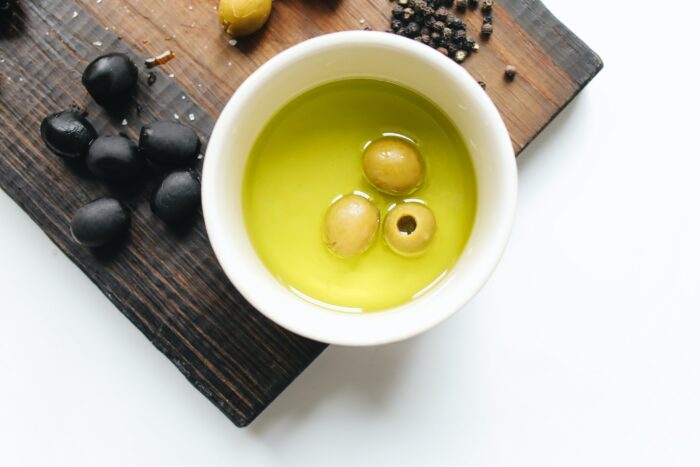
The most crucial advantage of nuts is that they’re rich in selenium. Therefore, incorporating them into your diet will help you increase the levels of this nutrient in your body without going overboard. Cashews, almonds, macadamia nuts, natural peanut butter, and pumpkin seeds are some things you can add to your menu.
2.8 Lentils and Beans
People with hypothyroidism need to regulate different hormones and keep several things in check. If you eat a healthy amount of lentils and beans, you’ll give your body protein and fiber and contribute to managing blood sugar levels. Add chickpeas, kidney beans, and others to your shopping list!
2.9 Dairy or Non-dairy Substitutes
Your thyroid needs iodine to keep its glands from inflaming. Dairy helps with this! Therefore, coconut milk and yogurt, cheese, unsweetened yogurt, cashew, and almond milk will be your best friends.
2.10 Spices, Condiments, and Herbs
Adding cinnamon, cilantro, and other herbs will help you contribute to your metabolism, something crucial when you’re diagnosed with hypothyroidism. Healthy condiments such as mustard and salsa can also help, along with paprika, turmeric, and saffron.
2.11 Beverages
Foods are not the only thing important when you’re on a diet for hypothyroidism. You need to stay hydrated, and from time to time, drink different beverages.
Sparkling water and unsweetened tea and juice are some options if you want to go for something different. However, remember to drink a lot of water every day too.
2.12 Sardines and Tuna
Brazil nuts are what contain the highest levels of selenium, but the second spot goes to tuna and sardines.
Anyone diagnosed with thyroid disease needs to keep their selenium levels in check, which is why doctors often recommend you eat a lot of tuna or sardines. Luckily, they’re delicious!
2.13 Oysters
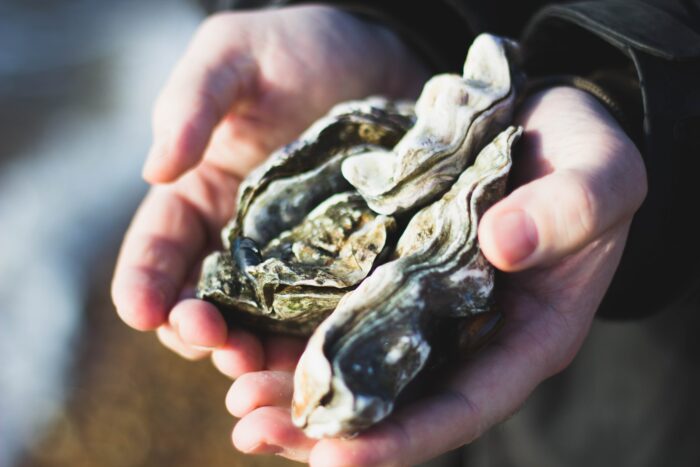
Zinc helps your body produce the hormones that the thyroid gland lacks. Fortunately, oysters are a rich source of this nutrient.
Other shellfish can contribute as well, but oysters take the lead when it comes to zinc. Therefore, make them a regular part of your diet.
2.14 Chicken
The meat was mentioned on this list before, but you should keep in mind that chicken is probably one of the best options when it comes to hypothyroidism.
Unlike red meats, chicken offers a healthy dose of zinc. Therefore, if you want to contribute to this nutrient’s levels in your body, incorporate some white meat into your diet.
3. Foods to Avoid and Limit
You need to adapt some aspects of your diet and lifestyle if you have hypothyroidism. Although the process may be challenging at first, it’ll get easier with time, especially once you memorize what you should eat and avoid.
Overall, you must incorporate some foods into your meals, but you should also avoid ingesting others or limit your intake. Here are some examples of this:
3.1 Ultra-processed Foods
The thing about processed foods is that their sodium levels tend to be high, and you should avoid that if you have hypothyroidism.
With this diagnosis, you often have more risk of suffering from high blood pressure, and that will increase if you ingest too much sodium.
You don’t have to eliminate processed foods from your diet. However, read the labels and try to choose the option with less sodium.
The frozen aisle becomes the enemy of many people with hypothyroidism, but it doesn’t have to be this way. Instead, try to reduce your sodium intake and avoid ultra-processed foods.
3.2 Soy-based Foods
Since a long time ago, experts have expressed concern about the nutritive value of soy compounds, especially when it comes to the thyroid gland. Some researchers believe that consuming too much of this ingredient can increase your likelihood of suffering from hypothyroidism.
However, other studies say the opposite. Therefore, there is no consensus so far. Even so, some research points to soy interfering with thyroid medication, which is why many doctors will suggest you steer clear from it.
If you do have some soy-based foods, you may have to wait a few hours before taking your thyroid medication. To see what’s best for your case, ask your doctor.
3.3 Leafy-green and Cruciferous Vegetables
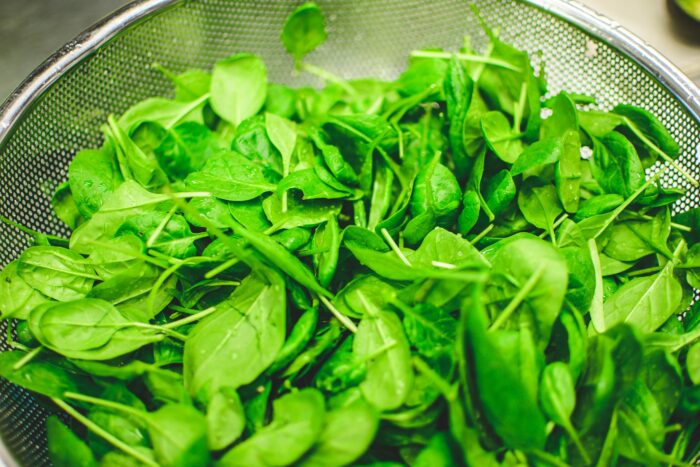
You’re probably impressed by this. Green vegetables are so beneficial, so why should you avoid them? The answer is simple: even though they have a lot of nutrients, they can also interfere with your thyroids, especially if the root of your problems is an iodine deficiency.
Research suggests that some vegetables might block the thyroid gland’s ability to produce and use iodine. Some of the ones you should avoid are Brussels sprouts, cabbage, cauliflower, turnips, bok choi, and kale.
However, eating a leafy-green salad once in a while won’t severely impact your thyroid. Researchers say you’d have to consume a significant amount of these vegetables for it to make a difference.
The best idea is to limit your intake to five pounds a day, and if you eat them, try to cook them before doing so since it can reduce their effect on the thyroid gland.
3.4 Alcohol
Excessive alcohol consumption is not good for anyone, but if you suffer from hypothyroidism, it can wreak havoc on your body.
Experts have said that it can severely impact your body’s ability to produce hormones as well as make your thyroid go out of control.
Alcohol has a toxic effect on the thyroids, and it hinders the gland’s ability to produce certain hormones.
Ideally, if you have hypothyroidism, you should cut alcohol completely. Alternatively, you could drink, but you must do so in moderation.
3.5 Sugary Foods
You may crave a delicious chocolate cake or slice of pie, but in some cases, these may worsen your hypothyroidism symptoms.
Since hypothyroidism causes your metabolism to be slower, you’ll easily gain weight if you don’t care for what you eat. Sugary foods are calories with no nutrients, so you should try to limit them in your diet.
You can eat a piece of cake or something sugary from time to time, but you must do so carefully, lest you start gaining weight quickly.
3.6 Gluten
Reducing gluten intake is essential if you have hypothyroidism. You’ll find it in different grains, wheat, and so on.
According to experts, gluten will hinder your ability to absorb the thyroid hormone and irritate your small intestine.
Some research shows that celiac disease and hypothyroidism are often together, which is why a gluten-free diet could help.
However, no specific studies point to this diet being the best idea to treat hypothyroidism only. Therefore, if you think it might benefit you, tell your doctor and ask for their advice.
If you want to keep eating gluten, try to go for different varieties of whole-grain pasta and bread. These are high in various nutrients and fiber, and they can help improve irregularities in your bowel and inflammation.
Finally, take your thyroid medication a few hours before eating these foods since they can alter your body’s absorption ability.
3.7 Caffeine
Many people love having a delicious cup of coffee in the morning, but you should drink it carefully since it could worsen your hypothyroidism symptoms.
Unfortunately, caffeine can alter your body’s ability to absorb thyroid hormone replacement. When taking your medication in the morning, wait at least 30 minutes before taking a cup of coffee.
Generally, doctors will recommend avoiding caffeine as much as you can. However, as with everything, you can have it in moderation as long as you monitor how your body reacts to it.
4. The Bottom Line
Hypothyroidism affects the way your body works, and getting a diagnosis means you’ll have to make some lifestyle and dietary changes if you don’t want symptoms to negatively impact your daily life.
When you first start taking medications and changing your diet, everything will probably be very challenging and new. However, as time goes on, you’ll incorporate new habits into your life and things will get easier.
There are foods you should eat when you have hypothyroidism and others that it’s best to avoid. To get a specific diet that fits your needs, ask your doctor.
5. Frequently Asked Questions
5.1 Can I Drink Coffee if I Have Hypothyroidism?
You can drink coffee if you have hypothyroidism. However, anything you consume, you must do so in moderation.
Coffee and other caffeinated drinks can hinder your body’s ability to absorb thyroid hormone replacement. Therefore, if your symptoms are intense, you should try to avoid them at all costs.
Alternatively, if your symptoms aren’t so bad, you could have a cup of coffee in the morning. Just remember to drink it at least half an hour after taking your meds.
5.2 Is Cake Good for Me if I Have Hypothyroidism?
Everyone loves cake, but unfortunately, the cake doesn’t love people’s bodies. Eating large amounts of it will impact anyone’s health, especially if you have hypothyroidism.
Sugary foods can severely impact your health when you have this condition because your metabolism works much slower. Therefore, if you’re not careful, your weight will increase drastically and quickly.
You can have a piece of cake once in a while, but try to avoid sugary foods as much as possible because they have no nutrients.
5.3 Should I Care for Vitamin D?
Research is not clear when it comes to vitamin D and hypothyroidism. However, to know exactly what’s best for you, you should ask your doctor.
Hormonal imbalances are hard to treat because experts have found some things that seem to help, such as dietary and lifestyle changes. Nonetheless, many factors are still unknown, so you should keep this in mind as you learn more about your body and disease.
5.4 Which Foods Should I Eat?
If you have hypothyroidism, you should keep a healthy, well-balanced diet. It must include primarily vegetables and fruits, but you should also add meat.
Chicken and tuna are two of the best additions to your diet since they offer healthy nutrients. In addition, you must limit your consumption of leafy green vegetables, alcohol, and caffeine.
You can ask your doctor to get a specific diet tailored to your needs. Remember they’re here to help and can guide you through this challenging life-changing process!
5.5 Is Tuna Bad for Hypothyroidism?
Tuna is one of the best things you can eat if you have hypothyroidism since it offers numerous healthy nutrients that help you manage symptoms.
